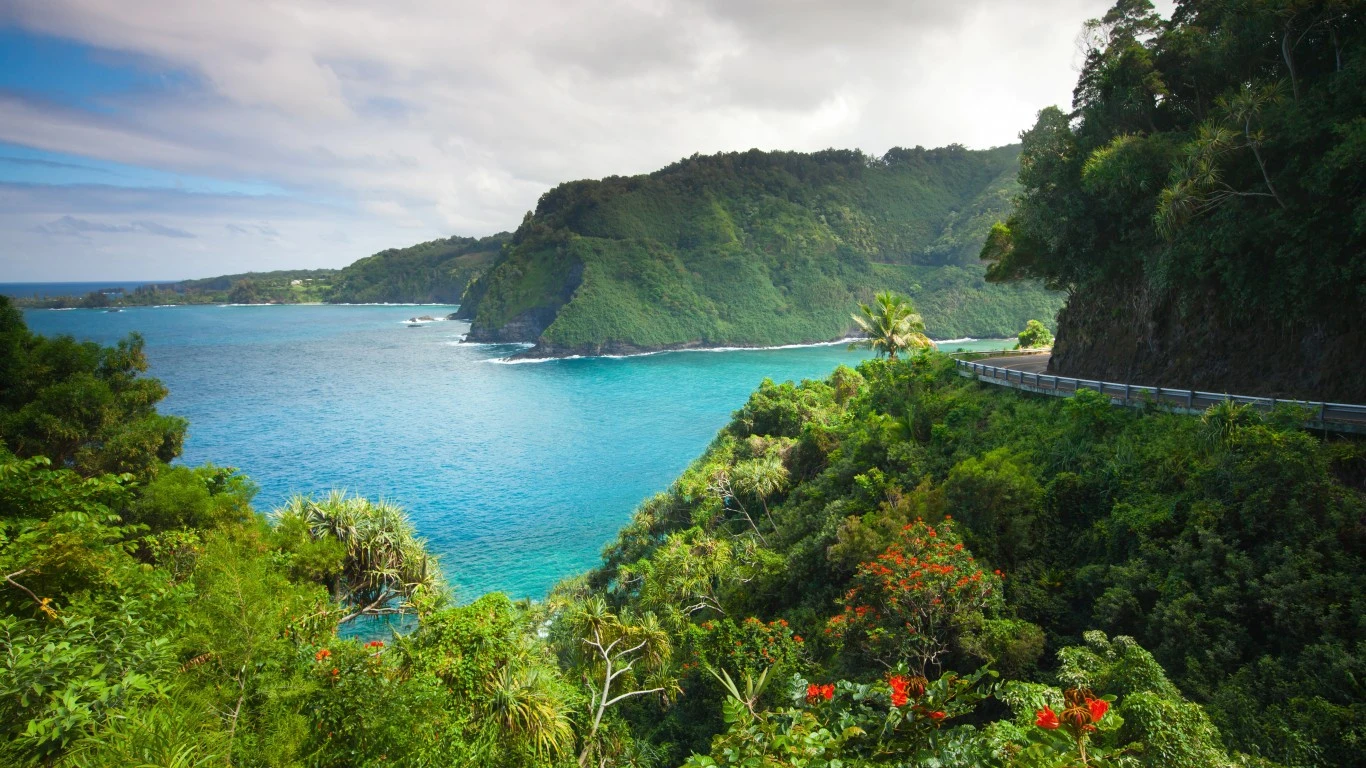
In today’s issue:
— Hawaii closed its last coal plant last week in a big bet that renewables growth can finally wean it off of imported oil.
— The Liz Truss era begins in the UK with an energy crisis and a potential financial crisis.
— The failure of climate talks in Indonesia last week bodes poorly for the upcoming COP27 summit.
— Rising costs and energy shortages are causing countries around the world to slide back toward, coal, oil and nuclear energy.
Ahead of this week’s unprecedented heat wave in California, my wife and I decamped to Maui for a few weeks, which — although paradise compared to San Francisco right now — is not immune to the drought and wildfires plaguing the rest of the world. And whose transition to renewable energy will provide an early risk lesson to the rest of the U.S.
Hawaii is a leader in the U.S. energy transition, having been the first state back in 2015 to mandate a complete switch to renewable energy, in its case by 2045. Just last week it closed its last remaining coal plant, an AES Corp. $AES plant in service since 1992, as part of this strategy.
But the closure will set a dramatic example for the rest of the country in coming months and years because delays in construction of the solar plants and battery storage facilities needed to replace the loss of coal will leave the islands more reliant on oil, which remains their primary energy source.
Supply chain woes and surging energy prices, like everywhere else, are slowing the ramp up to renewables, and therefore leaving the islands exposed to an energy crunch until they can wean themselves off oil, much of it from Alaska.
The lead story on the front page of the Honolulu Star Advertiser — the pulse of paradise as it calls itself — is about the elevated risk of wildfires in coming months amid forecasts for a weakened rainy season and high temperatures. Talk of water rationing on some islands is already widespread.
How Hawaii responds with needed investment in renewables to manage its transition will be an important blueprint for the rest of the country, as well as for the hundreds of island nations suffering the impacts of climate change already. At least for the next few weeks, I’ll give you my take when possible.
More insights below . . . .
Subscribe to Callaway Climate Insights to keep reading this post and get 7 days of free access to the full post archives.





